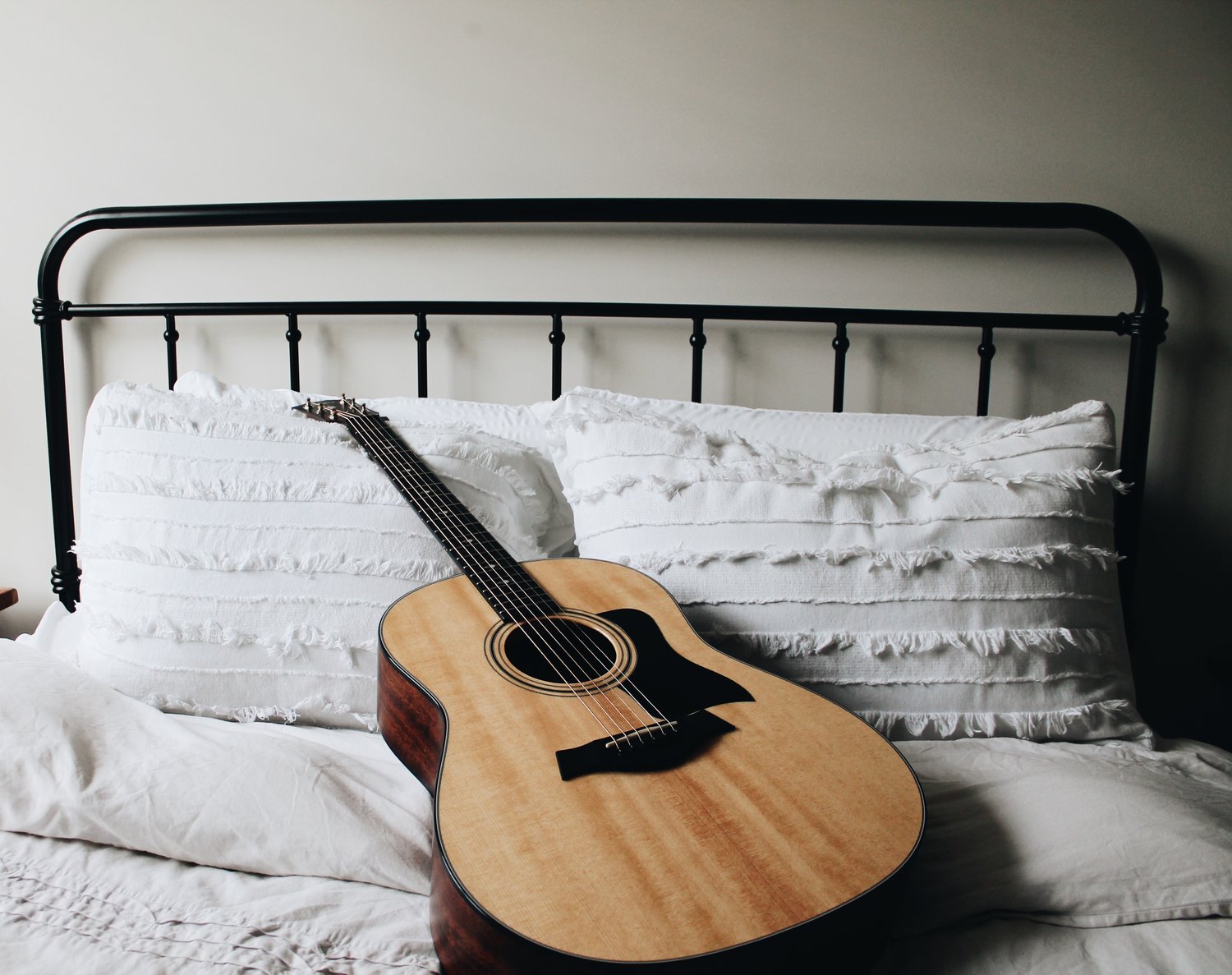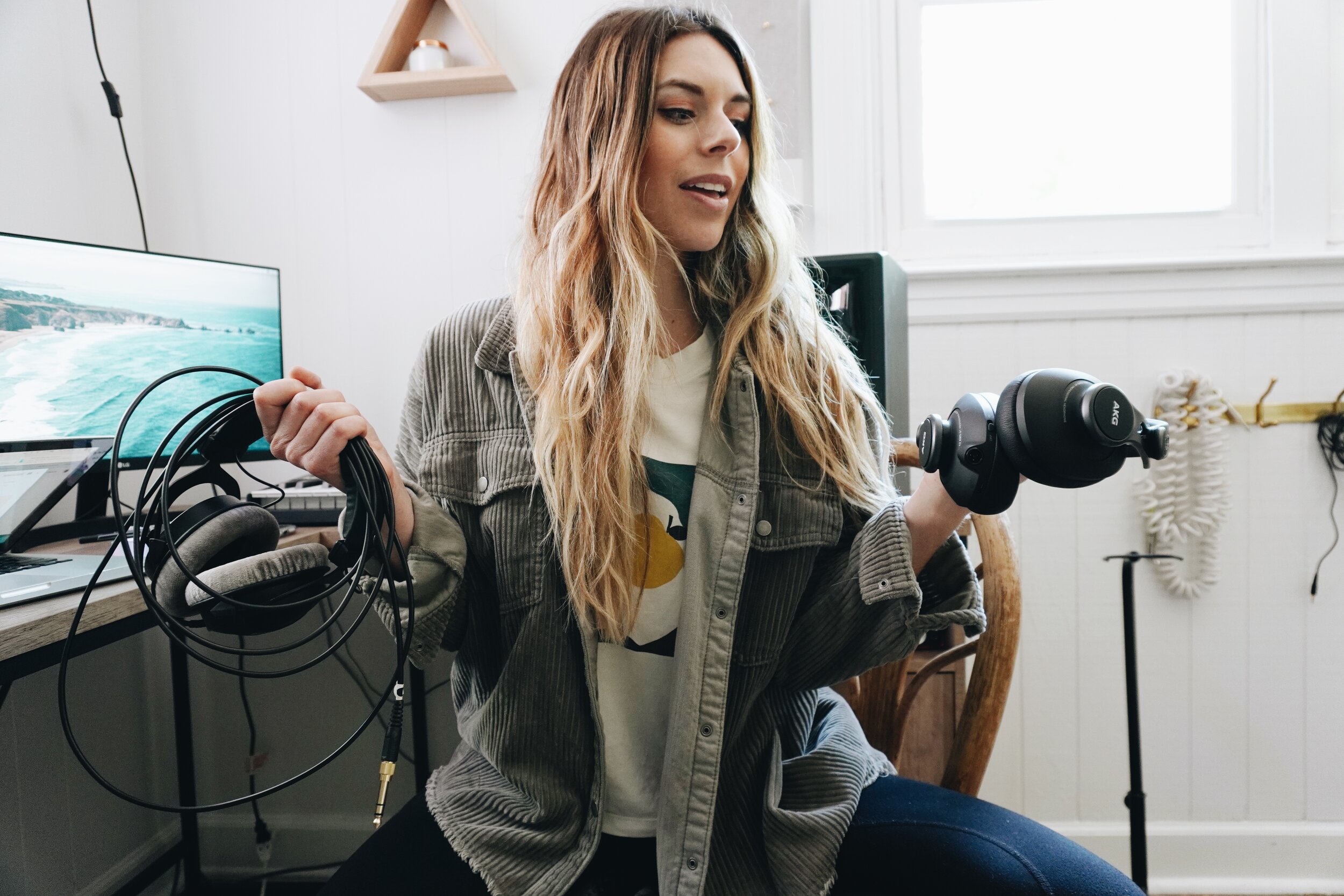My Top Tips on Guitar for Beginners
It’s really hard when you are at the beginning of something to imagine yourself not being a beginner and to comprehend how much you are going to learn. In this blog, I wanted to tell you about the top things I wish I would have known when I was starting guitar so you don’t make the same mistakes I did!
Bring Your Guitar Skills Back from Vacay
Lost your guitar skills on vacation? Find out how to get them back here!
Songwriting 101 with The Listening Room Cafe
Get the inside scoop on successful songwriting from the guys behind the Listening Room Cafe.









